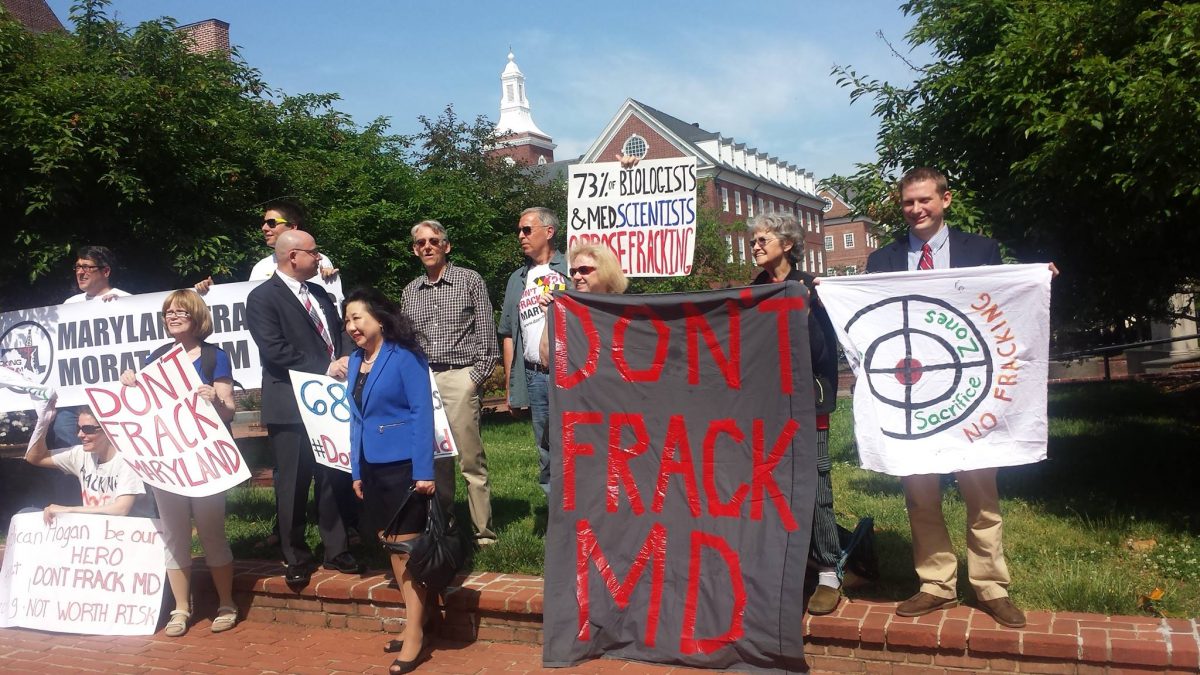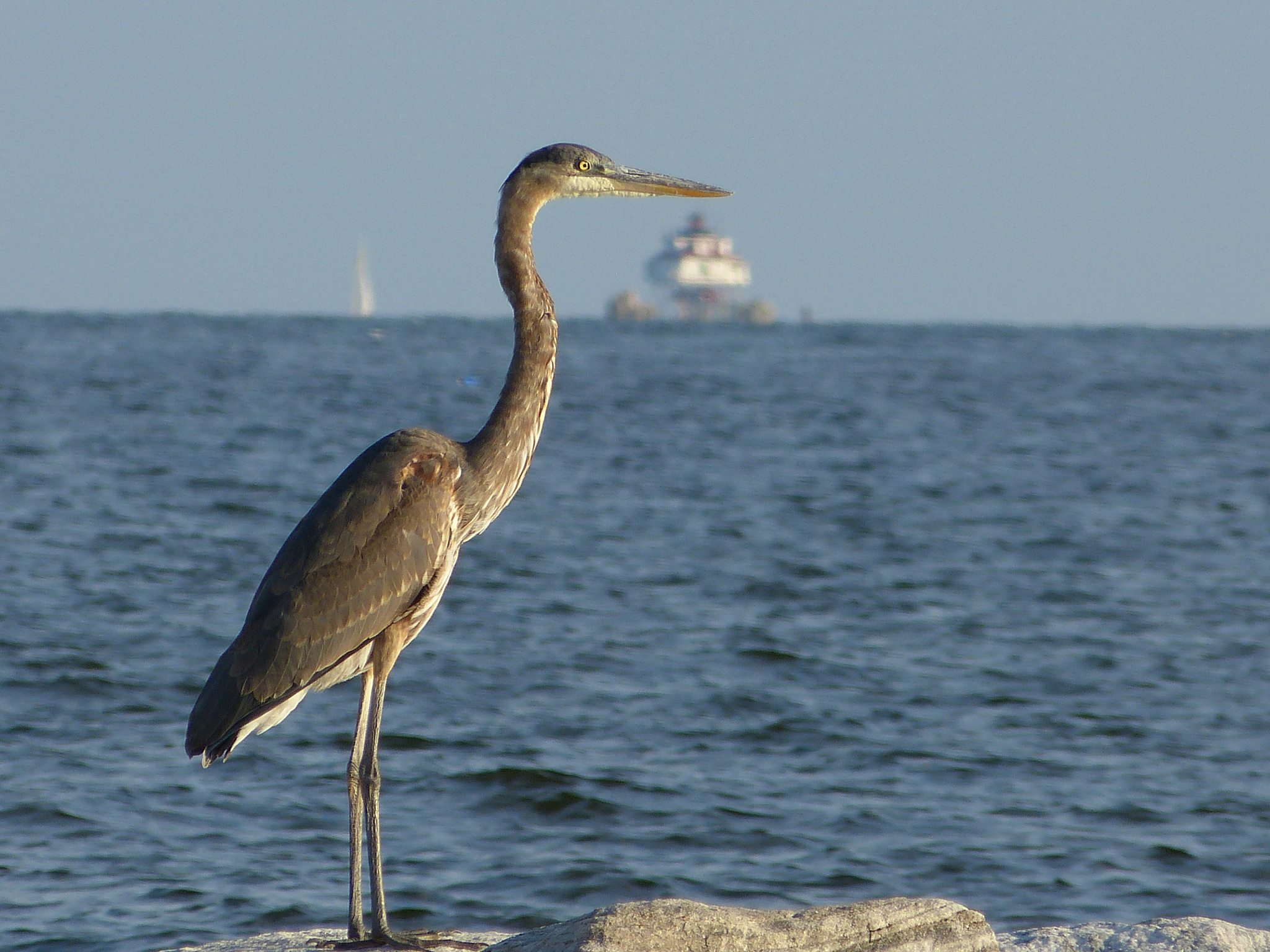
State legislators placed a moratorium on fracking, strengthened the state’s stormwater runoff program, and helped expand access to solar power for homeowners, earning high marks this year from the Maryland League of Conservation Voters.
The General Assembly also passed legislation—signed into law by Gov. Larry Hogan— that codified the state’s Commission on Climate Change, which advises the governor and state legislators on ways to prepare for, mitigate, and adapt to the impact of global climate change in Maryland.
Not surprisingly, given the context of environmental issues, Democrats in the House of Delegates and state Senate scored higher overall than their Republican counterparts, earning 99 and 95 percent positive marks, respectively, from the League. GOP members in the House of Delegates and state Senate received 46 and 48 percent overall positive grades, respectively, from the League—although a couple of Republicans—Del. Herbert McMillan from Anne Arundel County and Del. Chris West from Baltimore County earned 100 percent scores.
The Maryland League of Conversation Voter’s recently released 2015 environmental scorecards, including individual legislator’s floor and committee votes on key bills, as well as their lifetime scores, can be found on the League’s website.
A wider wrap-up of environmental bills and descriptions of various legislation from this past session can also be found on the League’s website.
The issue of stormwater remediation, of course—the so-called “rain tax”—became a central feature of Hogan’s campaign for governor last November, but ended essentially with both sides declaring victory.
Earlier this spring, the League gave the new governor mixed marks in its assessment of his first 100 days in office, praising Hogan for efforts to reduce the spreading of manure on farm lands while also criticizing him for loosening power plant emission regulations.
Hogan was able to take credit for winning repeal of the state’s stormwater run-off legislation, initially passed under former Gov. Martin O’Malley, which required the state’s 10 most-populous jurisdictions to charge their residents a fee that would pay for removing pollutants before they reach the Chesapeake Bay.
Nonetheless, the state still had to comply with EPA-mandated stormwater remediation guidelines, and in the end, state legislators gave jurisdictions more flexibility in funding run-off projects and mitigating pollutants from entering the bay. The effect of the repeal and new bill, which Hogan signed into law, will ultimately strengthen and provide greater accountability of local governments in meeting Federal Clean Water Act guidelines, according to the League.
“This year, Maryland legislators earned significantly higher scores for their environmental votes than in years past,” said Marcia Verploegen Lewis, chair of the Maryland League of Conservation Voters, in a statement accompanying the release of the scorecard. “We believe this is because of our work in educating legislators over the years about these urgent issues and the bipartisan support for these priorities in Maryland.”

